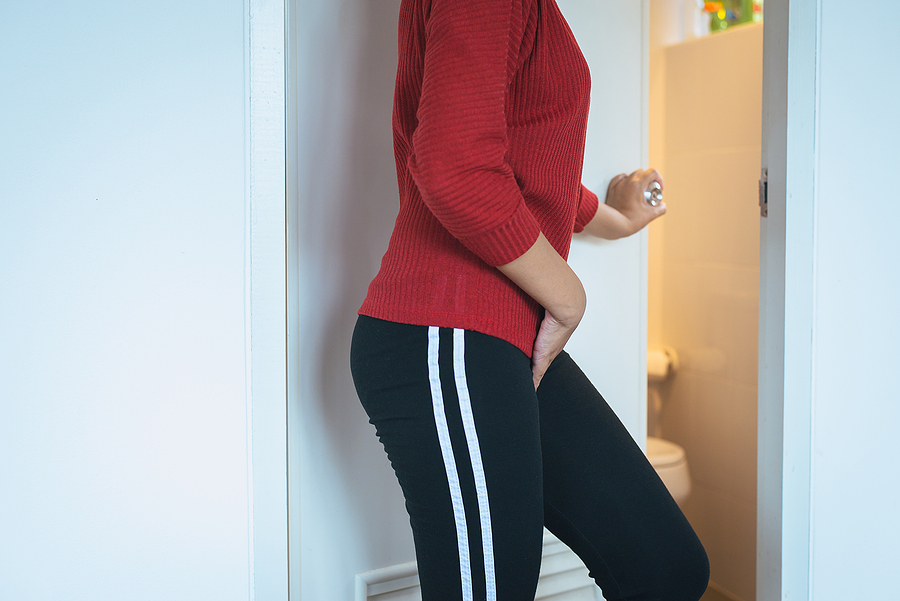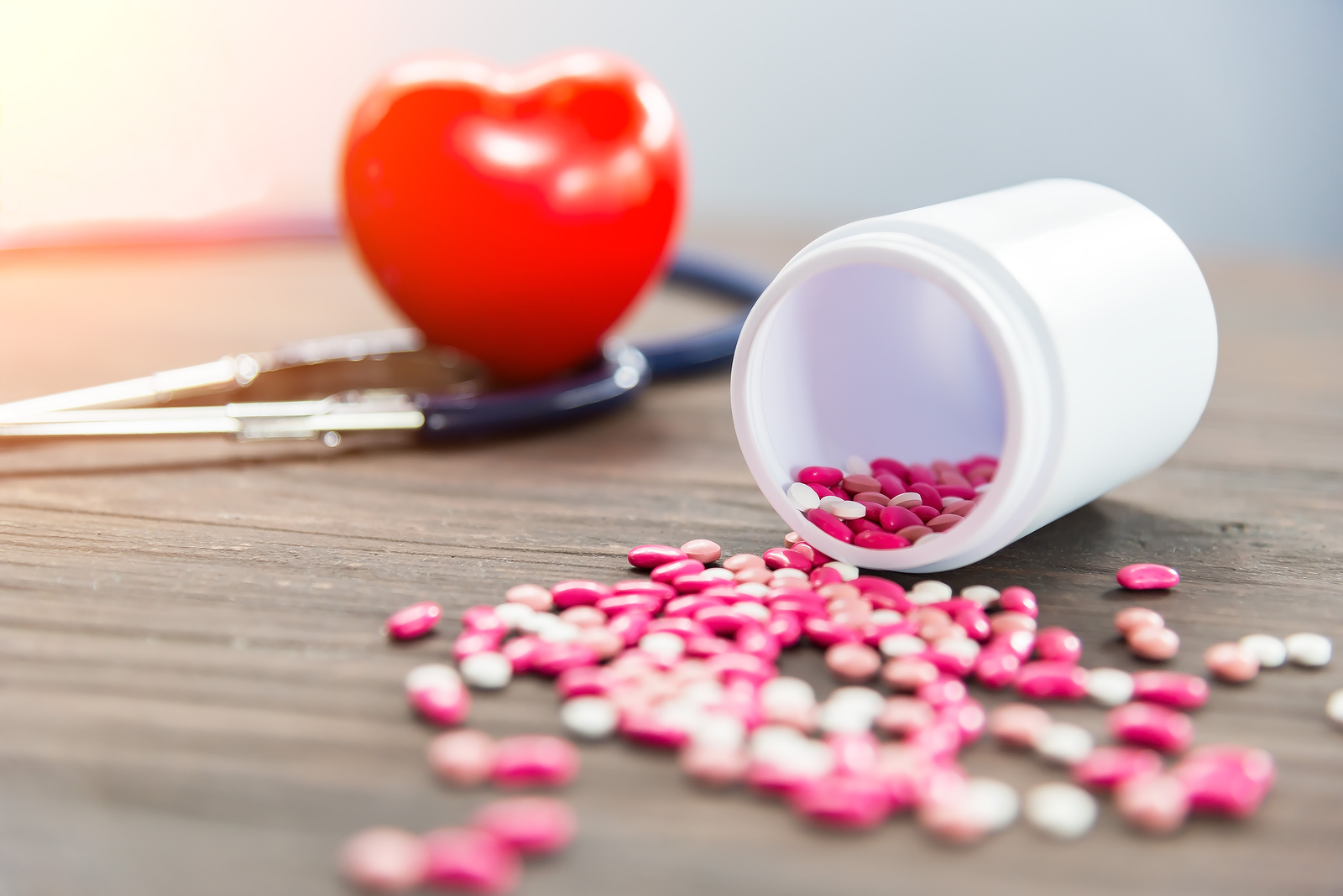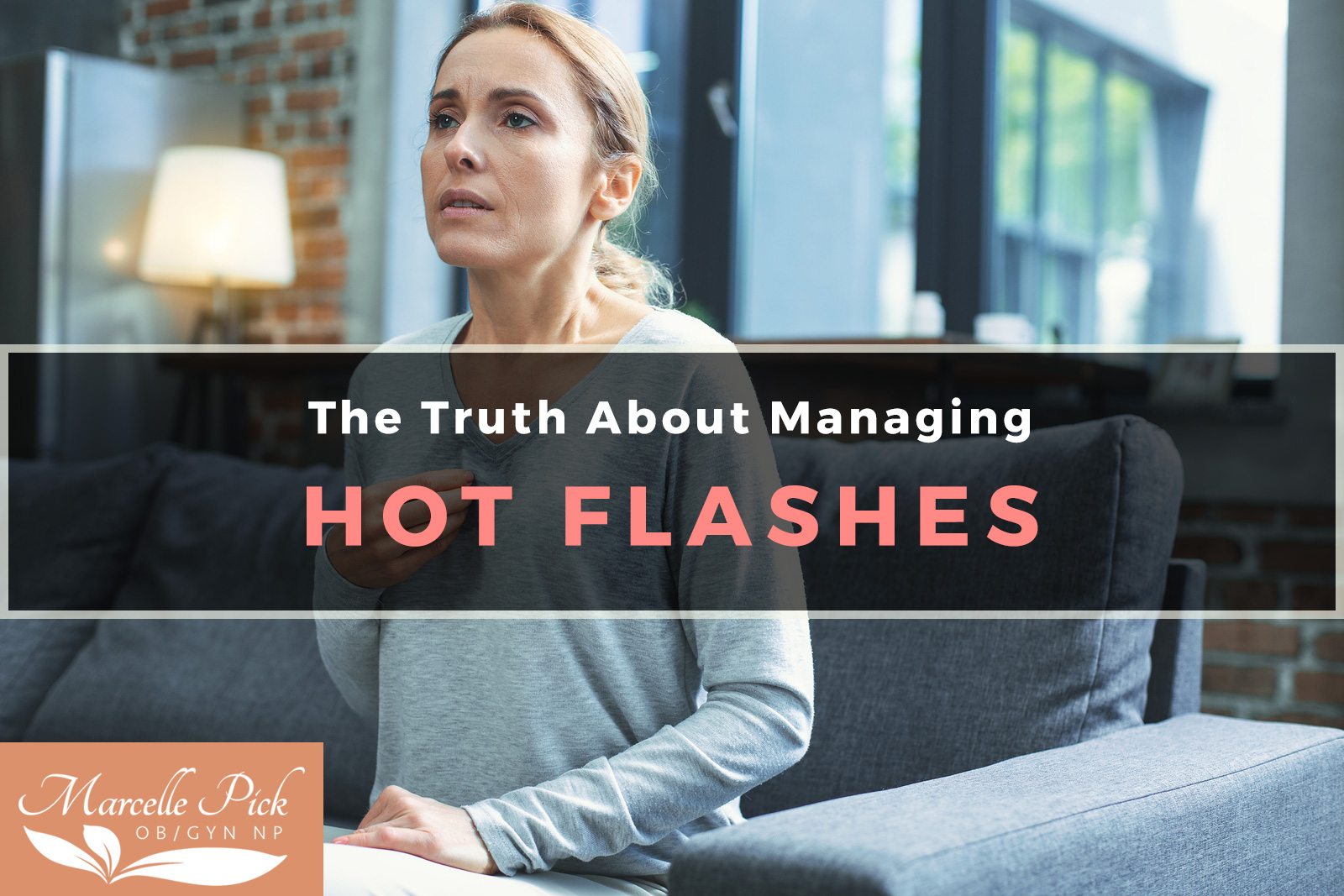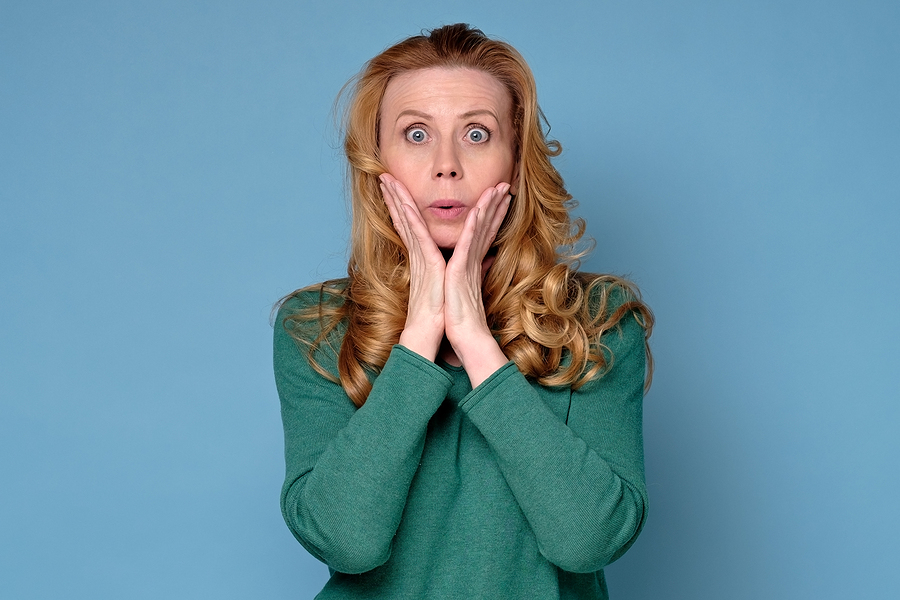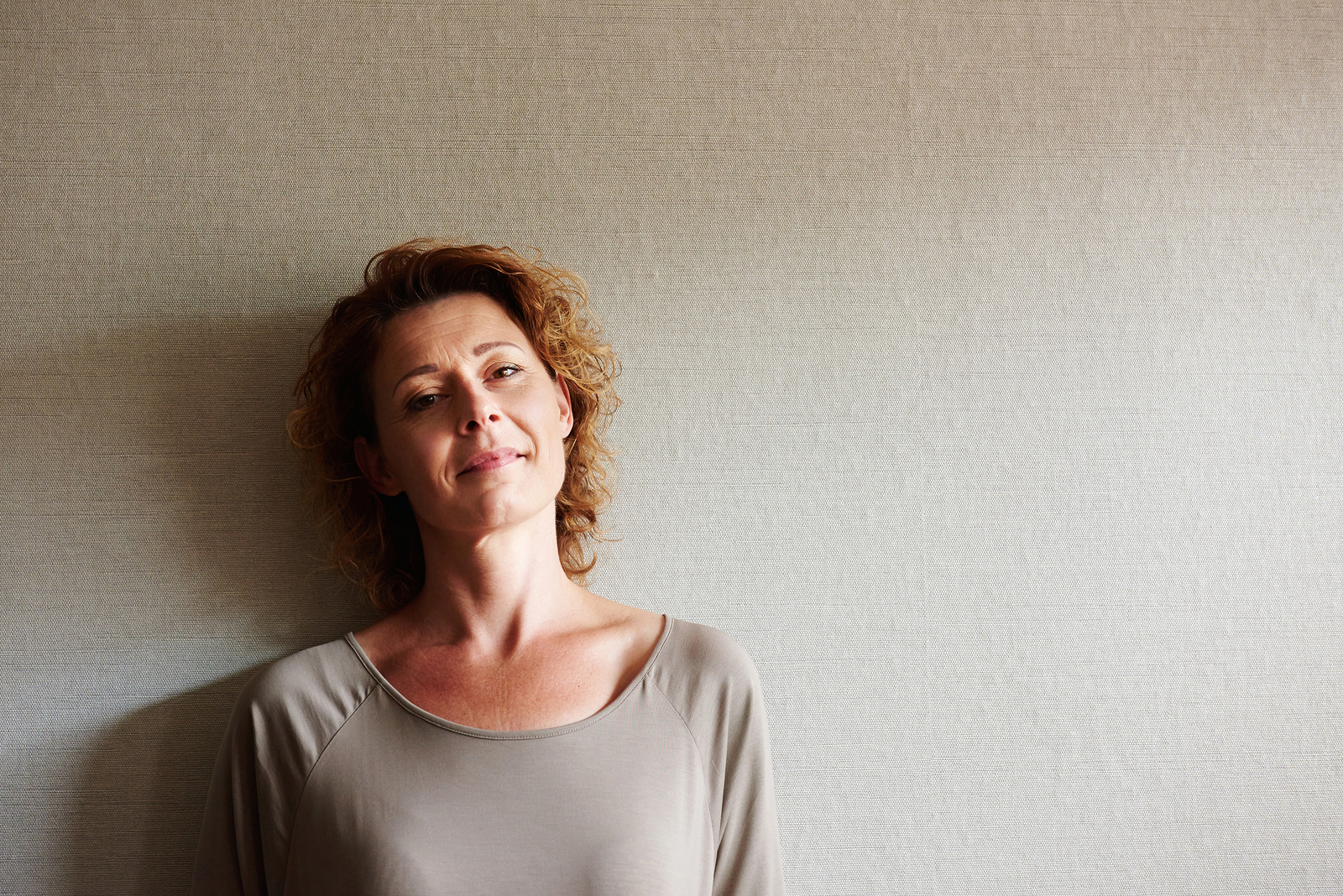Updated 09/05/2021
“You have to help me! I’m afraid to leave the house if there won’t be a bathroom handy, and I can’t even laugh or sneeze anymore without peeing a little!”
Amie’s story was so familiar. I had heard the same thing countless times from women going through menopause. I’d even experienced it myself! I remember clearly the speaking engagement I was almost afraid to follow through on because I wasn’t sure I could talk for an hour without needing a bathroom.
I made it through that speech, but the anxiety I felt prior to hitting the stage made me realize I needed to know more. I just couldn’t live like that for the rest of my life!
Have you stopped going anywhere that you don’t know will have a bathroom handy? Are you afraid to laugh in public because you just don’t know if you’ll be able to control the leakage? Are you losing valuable sleep getting up multiple times a night to pee?
If so, you don’t have to accept it as your new reality. There are solutions!
Why Does Bladder Control Become an Issue in Menopause?
As if the hot flashes and mood swings weren’t enough, many women going through menopause start to experience more episodes of both urgency and urinary incontinence.
Why does this happen? The natural decrease in estrogen initiates a thinning and weakening of the urethra (the tube that moves urine from your bladder) and pelvic floor, and vaginal tissue loses elasticity — our house just starts to sag a little.
While some women have long had to keep an eye on the bathroom, many more who have never experienced a leaky moment or the need to go right now find themselves faced with this concern as they age and begin the menopause transition.
Do these issues sound familiar?
Not all bladder issues are the same. Some women have leakage issues when exerting themselves – such as sneezing, heavy lifting, or laughing. That’s called stress incontinence. Anyone who has experienced it knows that it’s uncontrollable and can be quite embarrassing!
Urge incontinence is what you see in all those commercials (Remember the “gotta go right now” jingle?). This is the problem that bothered me the most, because I never knew when the urge would strike – and when it did, it was an immediate need. This is the problem that makes some women reluctant to leave their house.
Other women wake up multiple times every night with the urge to pee. This is called nocturia. This problem can lead to many other health problems due to a lack of adequate quality sleep.
After menopause, women are more prone to bladder infection, chronic urinary tract infection (UTI) or cystitis. As the urethral muscle loses strength and elasticity due to loss of estrogen, pockets of bacteria can flourish. Taking an antibiotic — nowadays there’s a one-day massive dose — is usually adequate, but in some cases inflammation takes hold and damages the lining of the bladder.
This condition, called interstitial cystitis (IC), is a growing concern in women’s health that warrants further exploration if you have pain when urinating. It’s an inflammatory condition that manifests with all the symptoms of a urinary tract infection even when no bacteria are present. It would not surprise me to find in the future that estrogen imbalance is somehow implicated in the escalating rates of interstitial cystitis that I’m seeing.
The problem with conventional solutions
Many more ads for pharmaceuticals directed at female incontinence have popped up in recent years (finally, somebody noticed!) but, as all prescriptions tend to do, they only address the most obvious symptoms. Prescriptions don’t do anything to treat the underlying loss of muscle tone. Most of the drugs available act on the muscle spasms related to overactive bladder but do nothing for stress incontinence and can cause other bothersome side effects.
As with any drug or synthetic hormone, you need to weigh the long-term risks against the potential benefits before taking a pill that could do serious long-term damage to your health. My recommendation is to always try the most natural steps first, and resort to prescription drugs only if nothing else provides adequate symptom relief.
5 Natural Steps Towards Freedom
1. Address the emotional connection to bladder
Menopause isn’t the only cause of bladder control problems. In Chinese medicine, the bladder is related to issues of anger and control — there’s ancient wisdom at work when we say we’re “pissed off”.
In yoga, the root lock — or mula bunda in Sanskrit — is located at the base of the perineum. It is one of the three major body locks that control our inner life force, or kundalini. (Note that this inner life force is considered to be female!). It is closely related to the earth and the force that connects all living things. Lifting the mula bunda creates stability and energy within the body (as you do with a Kegel exercise), channels our life force up through the chakras and imbues our bodies with a sense of weightlessness.
Incontinence can sometimes be a physical manifestation of some deep-seated fear or worry that weighs us down. It’s often related to anxiety or anger about losing control. Occasionally, sporadic episodes of incontinence will occur during a particularly stressful — or “out-of-control” — phase of your life. Pay attention to your feelings and see if you notice any patterns.
2. Strengthen the pelvic floor muscles
Women who have borne children are typically familiar with Kegel exercises, where you tighten the pelvic floor muscles, hold for a few seconds, and then release. Just three sets of 10 Kegels each day can make a big difference. And you can do them anywhere — no one will ever know!
Following a bathroom schedule may sound rigid, but having set times to go can help retrain your bladder. You may need to schedule trips to the bathroom more frequently at first, but as you feel improvement in your control, you can extend the amount of time between bathroom breaks. In the beginning, try to delay the urge for just two to five minutes and build slowly from there — but don’t wait too long! Finding just the right interval can be a tricky balance.
3. Choose food and beverages wisely
Certain beverages, such as caffeinated or alcoholic drinks, can make your bladder fill quickly, creating a sense of urgency and/or leakage. Paying attention to when you are drinking can also help – especially in the case of nighttime waking to use the bathroom.
On the other hand, some beverages, such as kohki tea and cranberry juice, may help protect the bladder.
Research has shown that eating specific foods, such as pumpkin seeds and soybean seed extract improve urinary function. Making sure your diet has plenty of fiber can also help, since it will prevent constipation which can put pressure on the bladder.
4. Make healthy lifestyle choices
Carrying excess weight can put more pressure on the bladder, creating a more frequent or urgent need to pee. Maintaining a healthy weight can help. Smoking can irritate the bladder muscle. It can also cause coughing, exacerbating stress incontinence issues.
5. Try herbal solutions
There’s quite a bit of evidence that herbal treatments may positively impact bladder control. For instance, the blend of Chinese herbs called “Gosha-jinki-gan” (GJG) has been shown to inhibit the bladder and improve daytime frequency of urination. Preliminary studies have also shown that another blend of eight natural ingredients, Hachimi-jio-gan (HE) may impact bladder muscle contraction. Research also indicates that other natural remedies can help relieve uncomfortable symptoms, including corn silk and capsaicin.
Take control of your bladder – and your life!
When Amie came to see me, her desperation was visible. She was in tears as she told me all the ways that menopause had changed her life — particularly when it came to bladder control. Luckily, I’d seen it before and even lived through it, so I knew just how to help.
Amie tried all of the things I suggested, and just a few short weeks later, she called to tell me she was taking a road trip she’d been wanting to do for months – without having to map out every rest area along the route! Now is the perfect time for you to take these steps and relieve the burden of an overactive bladder so you can enjoy life as it’s meant to be lived!

